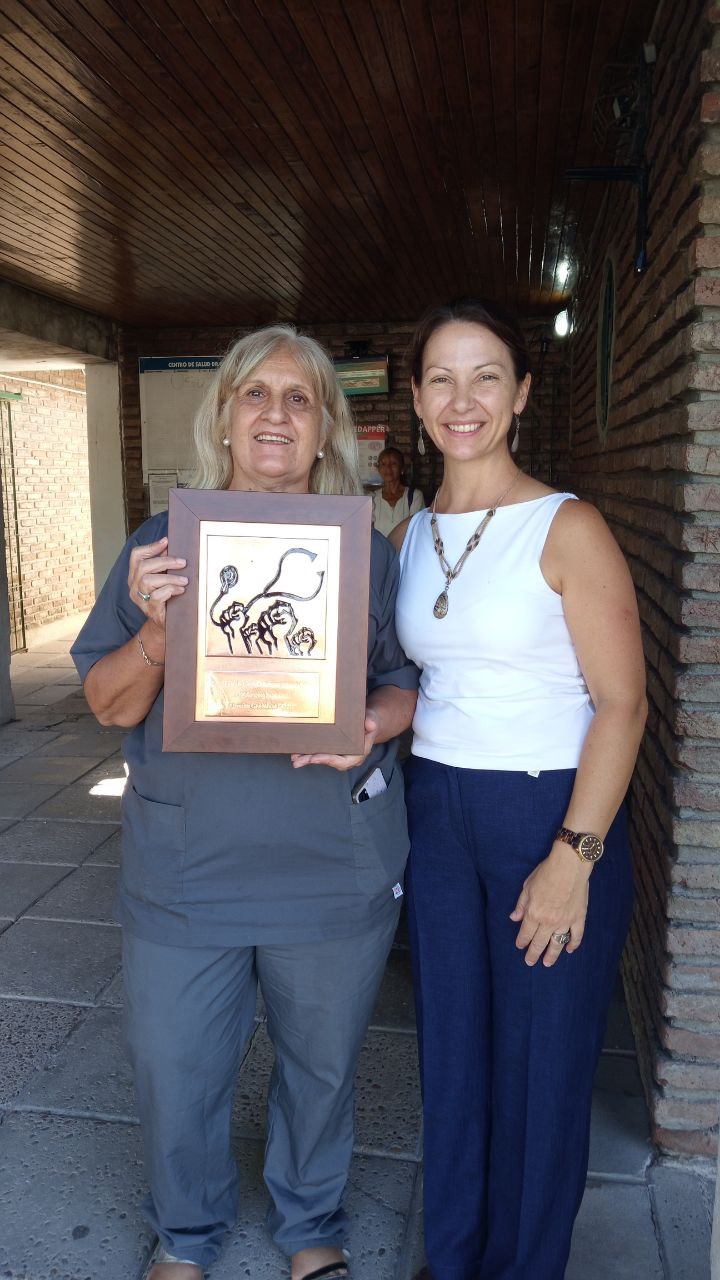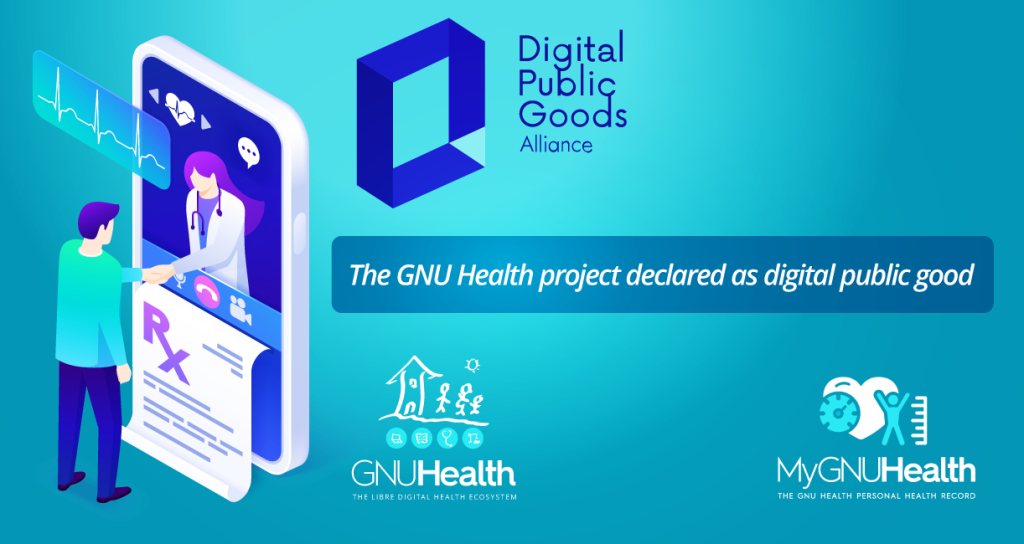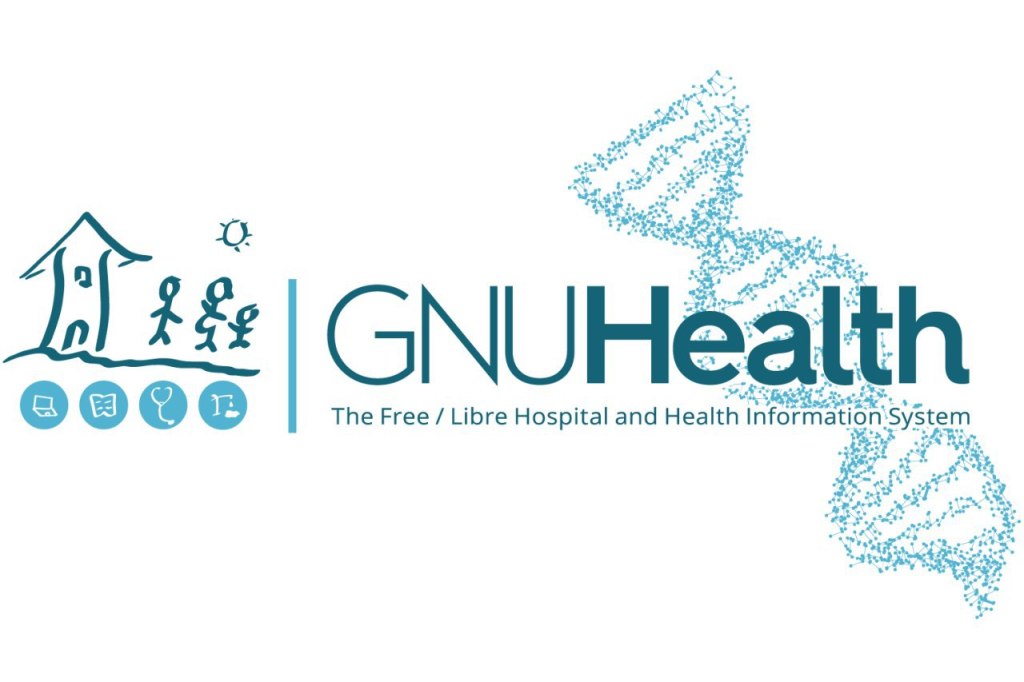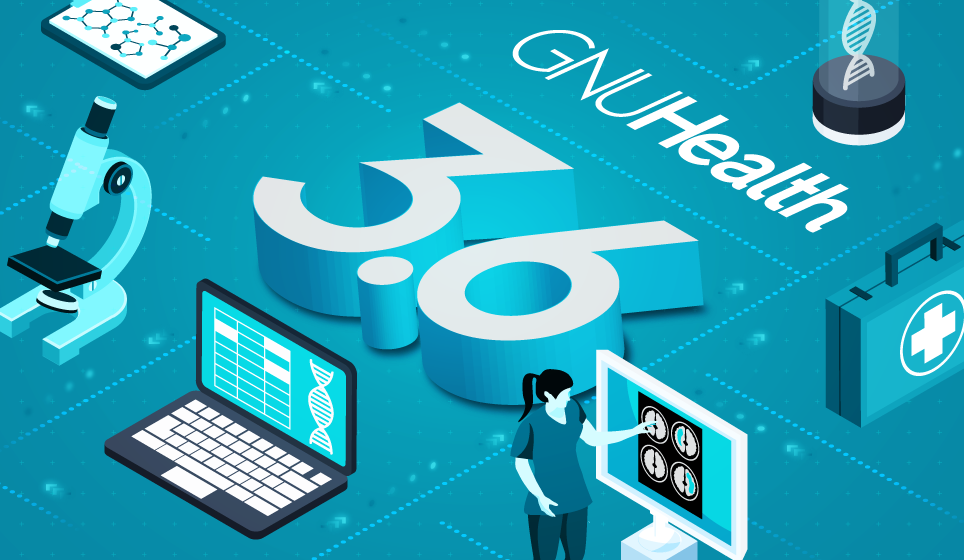La Organización Mundial de la Salud define salud como un estado de completo bienestar físico, mental y social, y no solamente la ausencia de afecciones o enfermedades.
Desafortunadamente, esta definición está lejos de cumplirse en nuestra sociedad. En vez de abrazar la salud, estamos inmersos en el sistema de enfermedad, gobernado por un modelo de gestión reactivo, reduccionista e insostenible. El noble arte y ciencia de la medicina está enfermo. Instituciones financieras y gigantes corporaciones tecnológicas están destruyendo el factor humano de la práctica médica, transformando las personas y pacientes en clientes. Están reduciendo el derecho humano no-negociable de la salud a un privilegio al alcance de unos pocos.
Volviendo a la definición formal de la salud, en el actual sistema de enfermedad, poco o nada se tiene en cuenta el bienestar social y mental. Al día de hoy, muchas personas con condiciones de salud mental no sólo tienen que lidiar con los aspectos fisiopatológicos de la enfermedad, sino que deben enfrentarse a la exclusión social y el estigma impuestos por una sociedad enferma de individualismo y carente de empatía.
En cualquier caso, soy optimista. Hay esperanza. La medicina es una ciencia social y GNUHealth es un proyecto social con algo de tecnología. Este sentimiento de optimismo se ha visto reforzado la semana pasada en mi viaje a Argentina y por el equipo humano. Al final del día, la medicina son personas interactuando y ayudando a personas. Esto lo conozco bien, porque hice la carrera de medicina en Argentina, donde los profesores y profesionales de salud anteponían la persona antes que el paciente. Ese profundo respeto hacia la persona que padece lo pude observar en muchos de los centros de salud en los que roté. En Buenos Aires lo vi en la guardia del Rivadavia; en cirugía y en los servicios cuidados paliativos del Tornú; en el neuropsiquiátrico del htal Moyano, por nombrar algunos. El humanismo médico brota por los poros de las mujeres y hombres profesionales de salud en cada salita y centro de atención primara que he visitado a lo largo de estos años en Entre Ríos, como el centro comunitario D’Angelo, situado en el barrio Anacleto Medina, uno de los más carenciados de Paraná. Tuve el honor de entregar en persona el premio GNU Health de Medicina Social en 2022 a su directora, Teresita Calzia.



El centro de Salud Humberto D’Angelo lleva 10 años utilizando GNU Health para una gestión integral de la salud comunitaria. En el cuadrante superior izquierdo, Carli Scotta y Fernando Sassetti junto al panel de situación. Debajo foto de grupo. A derecha su directora, Teresita Calzia, junto a Ana María Dominguez, enfermera quien sostiene el premio GNUHealth a la Medicina Social 2022.
El Hospital Escuela de Salud Mental ha elegido GNUHealth para mejorar la gestión de sus recursos, así como para ofrecer la mejor asistencia médica a su comunidad, tanto en un entorno ambulatorio como hospitalario. Ser capaz de identificar inequívocamente y en tiempo real a cada persona que necesita atención, así como conocer la historia socio-sanitaria, médica y su historia clínica será una gran ayuda para los profesionales de salud como para el propio paciente.
La implementación de GNUHealth en el Hospital Escuela de Salud Mental se llevará a cabo por la cátedra de Salud Pública de la Universidad Nacional de Entre Ríos, conjuntamente con el equipo local del centro de salud (psicólogos, enfermeros, médicos, agentes sociales) y apoyada por GNU Solidario. El día de mi visita nos reunimos con el equipo de salud y se presentó el proyecto “Implementación de un sistema informático para la gestión hospitalaria y el cuidado de la salud de los usuarios del Hospital Escuela de Salud Mental de la ciudad de Paraná”, que cuenta con el financiamiento de los Proyectos Federales de Innovación 2022.

La salud es un equilibrio de los dominios físico, social, mental, espiritual y medioambiental, que son interdependientes e inseparables. Practicar la medicina es intentar mantener el balance cuerpo-mente-espíritu, tanto a nivel individual como colectivo. Este abordaje holístico de la salud está codificado en el genoma de cada enfermera, psicólogo, trabajador social y médico del Hospital Escuela de Salud Mental, así como de cada centro de Atención Primaria que he visitado a lo largo de estos años en Entre Ríos, Argentina. Es un honor y me siento muy afortunado de poder cooperar con ellos.
Referencias / enlaces relacionados
Un software Libre para mejorar las políticas de salud: https://www.eldiario.com.ar/253548-un-software-para-mejorar-las-politicas-de-salud/
Hospital Escuela de Salud Mental : http://www.hesm.gob.ar/
Audiovisual institucional Hospital Escuela de Salud Mental: https://www.youtube.com/watch?v=Jx08WyfKRIE&t=12s
GNU Health: https://www.gnuhealth.org

















You must be logged in to post a comment.